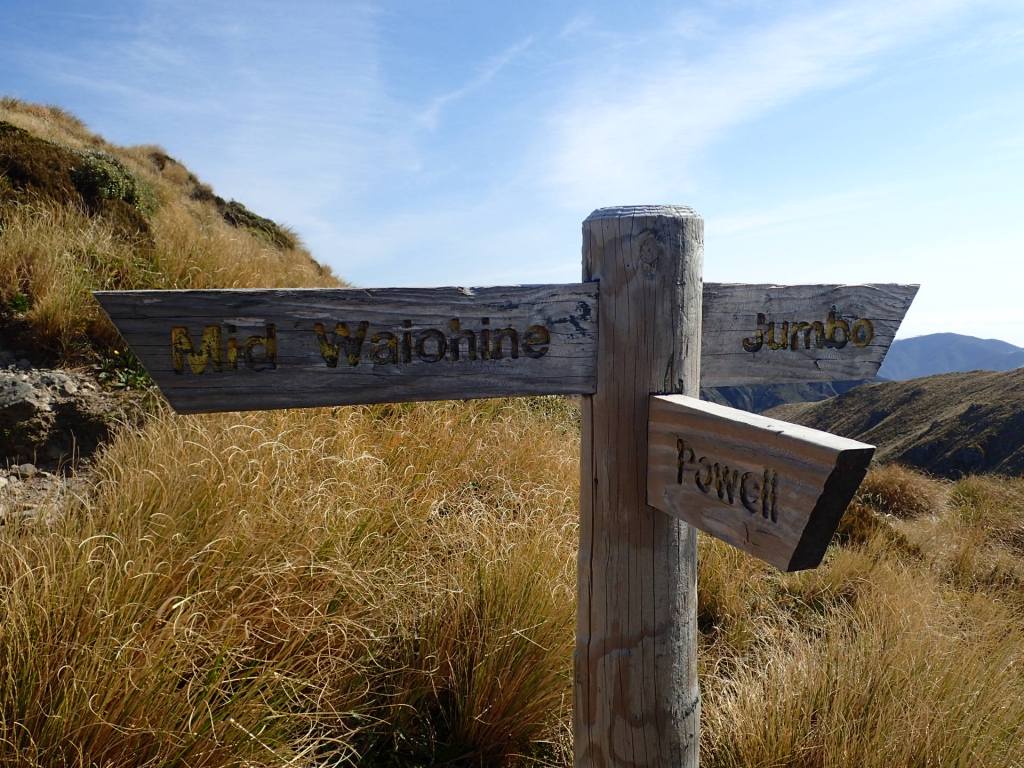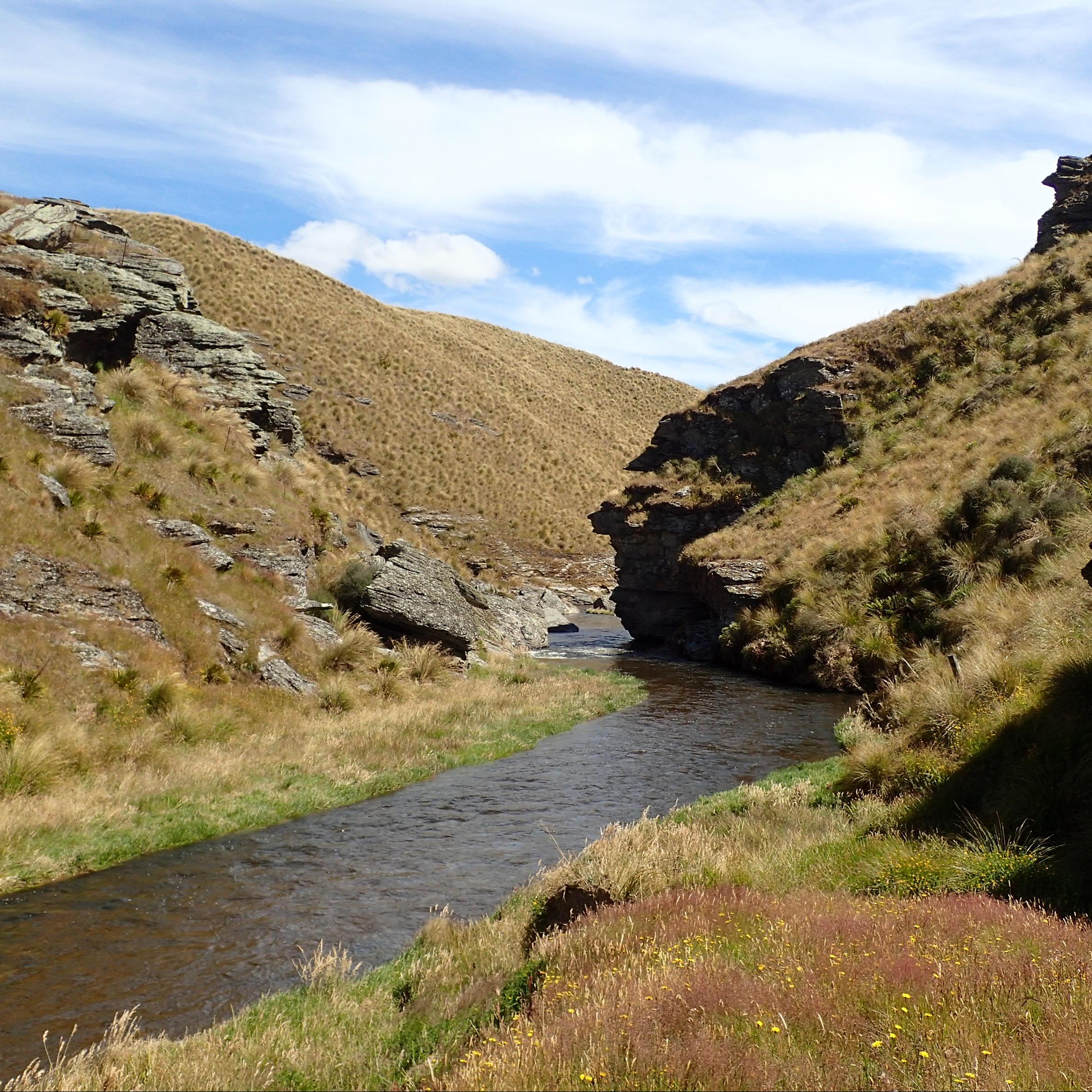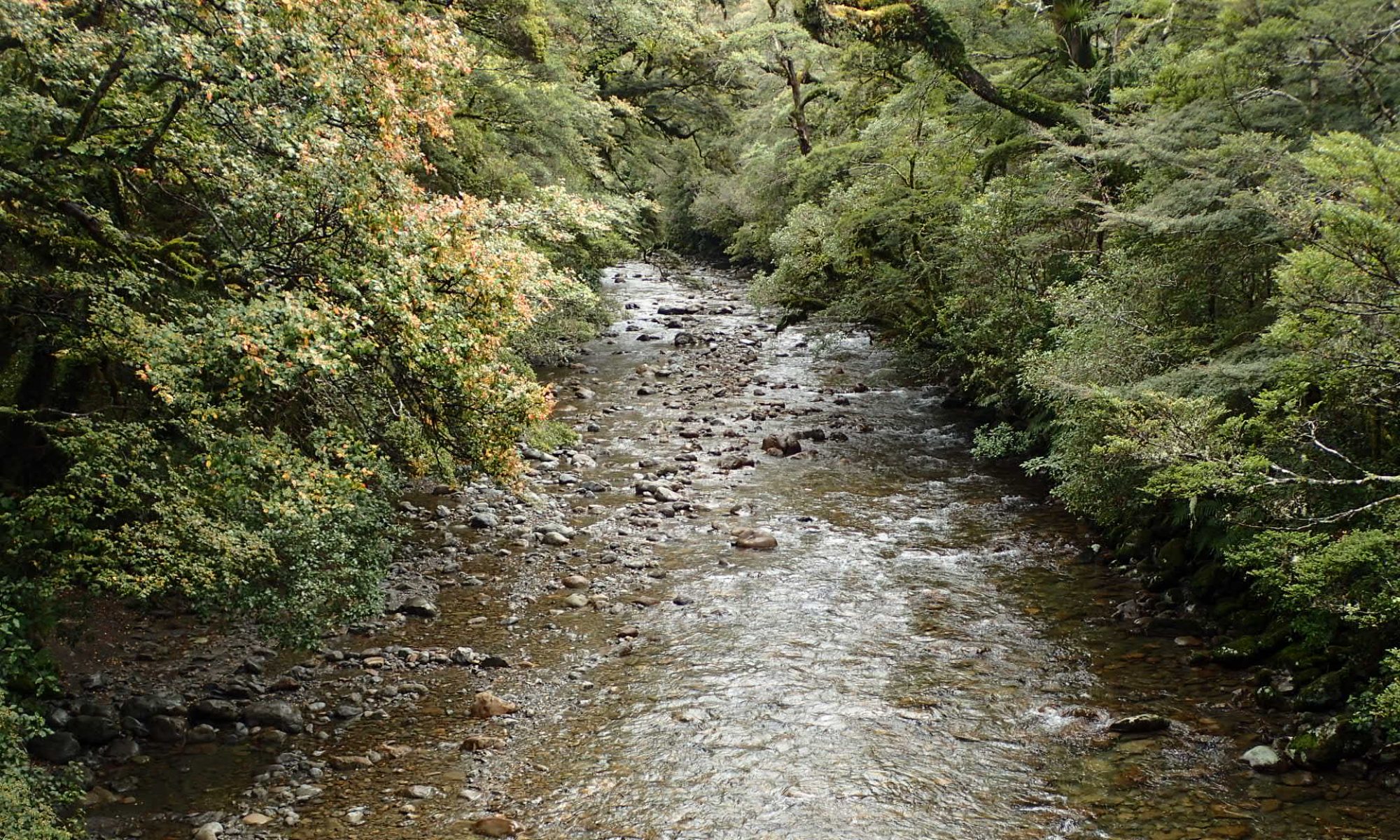David Wagoner’s brilliant poem Lost, is on one level a teaching, how to find our way when lost in the woods, lost in our self and lost as a society. It is also and insight to connection with taiao, the natural world. Here is my version with a touch of NZ orientation,recorded in the ngahere (forest) of Taratahi in the Tararua Forest Park.
Finding our way back home (2)
Mauri, the connecting thread. I wrote recently about our environmental crisis being a matter of disconnection from Taiao – the environment, the all living non-human world. In finding our way back home, to being fully connected, we must recognise the thread that connects us to all, human to human, the non-human living world to itself, and humans to that all living non-human world.
That thread is Mauri, the life force that exists in and runs through all things of matter. From Mountains, to Awa, trees to bees, birds to fish and yes, us to them. The word Mauri can be seen as Ma -by way of and uri – connection. A further definition of uri is the idea of kinship. We are all kin, we are all related, we are all connected.
The task now is to find the thread, hold onto it and take yourself on a journey of kinship.
Michael Woodcock
Finding our Way Back Home
The climate crisis is not about our inability to grasp the facts. It’s not a question of what is the next graph which will bring us to our collective senses, or another high strung banner with the ultimate statement that leads to our enlightenment, its not another palm glued to a wall, while liquid runs down the face of an art piece.
It is a question of connection, or lack of it. Its a belief in endless growth, of a human population beyond the planets limits. It’s not just moving from fossil fuels to an new energy source and its back to business as usual. It’s a global economy geared up for endless growth, endless consumption in a finite world. Its a crisis of disconnection .
To solve it we have to find our way back home, not to place but a way of being. We have to move from head to heart, we need to connect with the great mystery of things, with the sacred.
In the words of Joana Macy “When you look at what is happening to our world – and it is hard to look at what is happening to our water, our air, our trees, our fellow species – it becomes clear that unless you have some roots in a spiritual practice that holds life sacred and encourages joyful communion with all your fellow beings, facing the enormous challenges ahead becomes nearly impossible.” (From Spiritual Ecology – The Cry of the earth).
Michael Woodcock 30/10/22
Waymarks

The physical landscape offers us waymarkers to follow. Waymarkers are a symbol, or signpost marking the route of a path, an object serving as a guide. The journey inward to our inscape has no physical waymarkers and we must learn to recognise the new signs that mark the way. I’m a guide in both the stunning landscape of the Wairarapa foothills and mountains, and that inward journey to self.
Our inward journey often takes us into darker places before the light shines through, illuminating the way ahead. We have learnt over many centuries of disconnect from the natural world, to no longer see or recognise the markers of the way. In the world of today we are discouraged to find silence to switch of the internal voice, even briefly, we only need our mobile phone and its access to the internet to feel falsely connected and satisfied. As Boris Pasternak reminds us – “When a great moment knocks on the door of your life, it is often no louder than the beating of your heart, and it is very easy to miss it.”
The more I get to take others or just myself out into the ngahere (forest), the more aware I am of the conversation between the soul of the landscape and my inscape soul. Its not heard in the mind, it is more a warm filling of the hollow inside, a feeling of being at ease, of being known and knowing.
I find in poets and their poems a guide to the inward journey. Here is some of the wisdom I return to often if I find myself doubting the path I’m on, or the path no longer visible.
“Some things cannot be spoken or discovered until we have been stuck, incapacitated, or blown off course for awhile. Plain sailing is pleasant, but you are not going to explore many unknown realms that way.” David Whyte
“Lost. Stand still. The trees ahead and the bushes beside you are not lost. wherever you are is called Here, and you must treat as a powerful stranger, must ask permission to know and be known.” David Wagoner – opening lines from the poem Lost.
“Awaken your spirit to adventure. Hold nothing back, learn to find ease in risk. Soon you will be home in a new rhythm, for your soul senses the world that awaits you.” John O’Donohue – from, For a New beginning.
Just beyond yourself. Its where you need to be. Half a step into self-forgetting and the rest restored by what you’ll meet. David Whyte – The opening of – Just beyond yourself.
Lessons from the River

Lesson’s from Rivers – # 1
A river carves through rock,
not by force,
but persistence.

Lessons from the river – #2
A meandering river creates curves in the landscape. On the outside of the curve the river runs fast, on the inside of the curve it runs slow. A river that has gold in it, has the gold falling and settling in the slower part of the river – the inside curve. The bank on the outside of the curve erodes away and the pace of the current means no riches are to be found.
Our gold, the riches of life, is to be found in the slower water. Our soul, our being, the, ‘who we are’, is enriched with slowness. To try to live permanently on the outside of the curve with the speed of the river, is to have our soul, our being, eroded away.
Two excerpts from Reflections from Quiet Waters, to be released soon.

